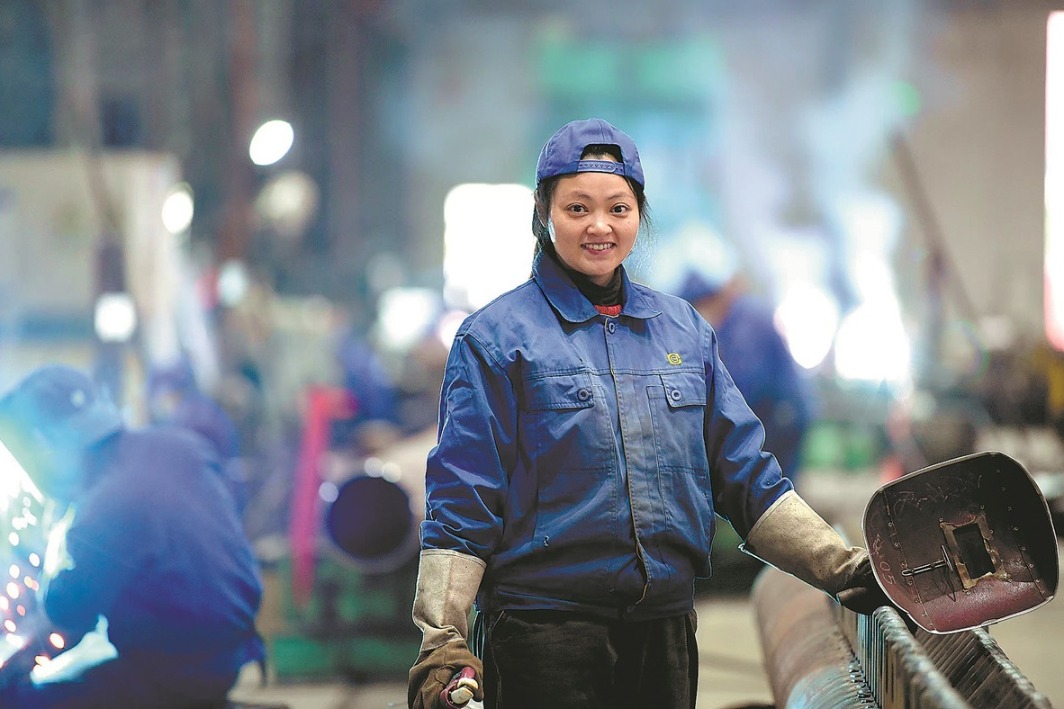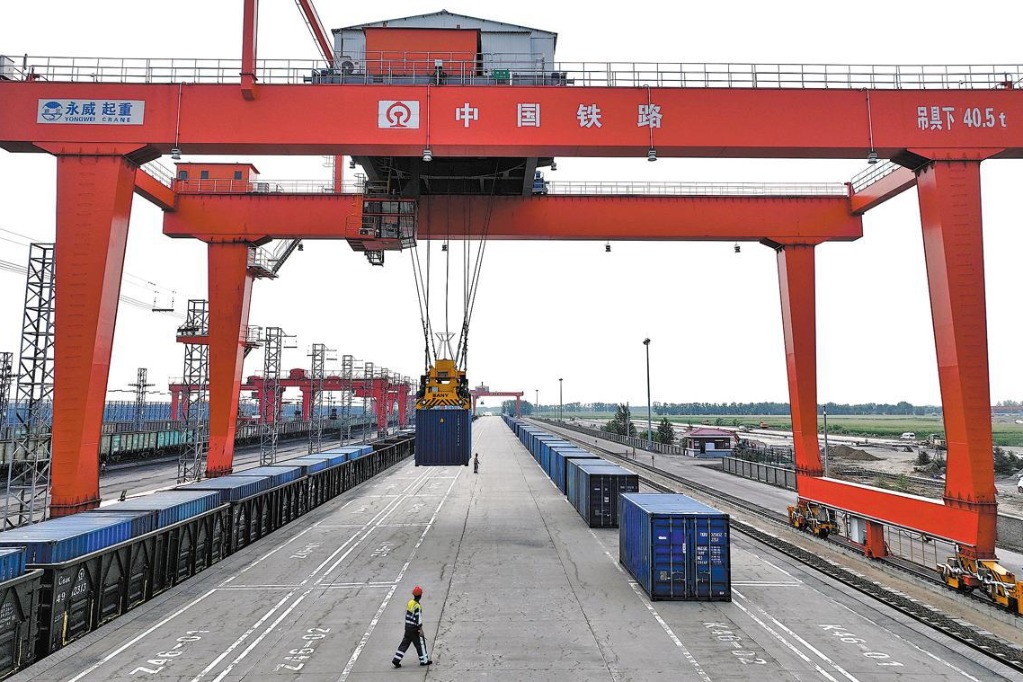Rental consumption set to go mainstream
Market sees profound shift in values and spending patterns of consumers


The option to easily rent the necessary equipment has allowed the younger generation, especially students, to explore various parts of China in an affordable way, without having to make a significant up-front investment in new gear, Chen added.
A report by consulting firm Analysys in July showed that the traditional rental industry was primarily focused on high-value items such as housing and vehicles. However, the current rental landscape has expanded to cover a broader range of industries, with more flexible rental models and diverse rental durations, making it increasingly attractive to consumers.
The diversification of rental offerings and the increased flexibility of rental models have significantly enhanced the appeal of the rental economy, catering to the evolving needs and preferences of consumers, said Zhu Keli, founding director of the China Institute of New Economy.
"Chinese consumers are increasingly making rational choices based on utilization rather than aspiration," Zhu said. "The rental model allows them to access premium experiences while avoiding the financial burden of ownership."
This new consumption philosophy sees young adults embracing what they describe as a more "flexible and lightweight" approach to living.
For Wang Lin, a 21-year-old college student in Hangzhou, Zhejiang province, refreshing her wardrobe no longer requires crowded mall visits or overflowing closets. Each month, she rotates through more than 10 garments from a rental platform for less than 300 yuan — less than the typical cost of a single dress.
"Compared to buying clothes, I save hundreds of yuan monthly while constantly wearing new styles," Wang said, noting an additional benefit. "I've reclaimed space in my apartment."
In the first half of this year, the transaction volume on a rental platform backed by Zhima Credit, a credit-scoring platform of Alibaba's Ant Financial, grew by 71.6 percent year-on-year, with users under the age of 30 accounting for over 60 percent of the total.
Notably, orders from the post-2000s generation have more than doubled compared to the same period last year.
To cater to the growing demand from younger consumers, some rental service providers have started to offer scenario-based rental packages that bundle several equipment for specific lifestyles.
From travel photography kits containing mirrorless cameras to camping sets featuring auto-inflating tents, portable stoves and compact tables, retailers are increasingly marketing experiences rather than just products.
"Rental fashion isn't about austerity — it's about cost-effective consumption," said Yi Shaohua, a researcher at the National Academy of Economic Strategy of the Chinese Academy of Social Sciences.
"These consumers aren't rejecting quality; they're accessing more of it, more flexibly, while avoiding the financial and spatial burdens of ownership," Yi said.
Post-1990s and post-2000s consumers are gradually becoming the driving force behind rental consumption.
Their consumer mindset places greater emphasis on "experience over ownership", as they not only seek to meet their immediate needs and pursue novelty, but also value cost-effectiveness, Yi added.
In June, rental platform rrzu.com announced the completion of a multibillion yuan Series D1 funding round. The funds will be used to accelerate the application of AI technology and digitalization in the rental sector, as well as to propel the scalable development of the rental consumption model.
Jiang Dingkun, executive director and chief operating officer of rrzu.com, said young people often feel frustrated when they have accumulated a vast amount of idle household items that are not being effectively utilized.
"Who doesn't have a few unused, unopened new items at home? Whether they were self-purchased or given as gifts, the unused items piling up at home cannot be considered valuable assets. Only those that can be rented out or sold on a platform to be converted into cash can be considered true assets," Jiang said.
As the rental market rapidly expands, consumer rights disputes have become increasingly common, with difficulties in obtaining deposit refunds and having damages assessed fairly emerging as major concerns for consumers.
The establishment of clear regulations, standardized industry practices, and effective dispute resolution mechanisms will be essential in ensuring the protection of consumer rights and maintaining the long-term sustainability of the rental industry, said Jiang Zhao, an associate researcher at the Chinese Academy of International Trade and Economic Cooperation.
Meanwhile, the rental economy has driven the circular utilization of goods, delivering social value through energy savings, emissions reduction, and consumption promotion.
For high-quality projects, the government can provide policy-level support, such as green consumption subsidies, tax incentives, and circular economy demonstration project funding, to encourage compliant and innovative enterprises to thrive, Jiang added.
























